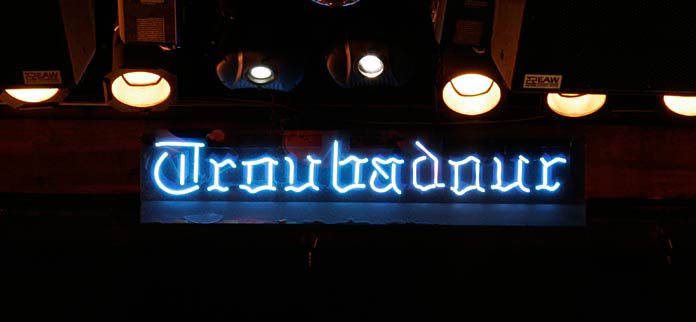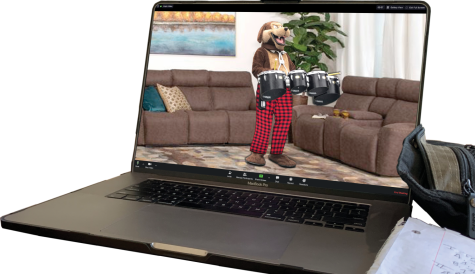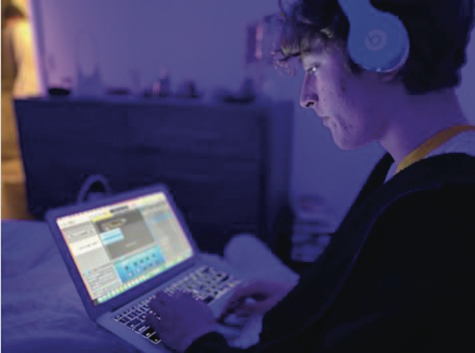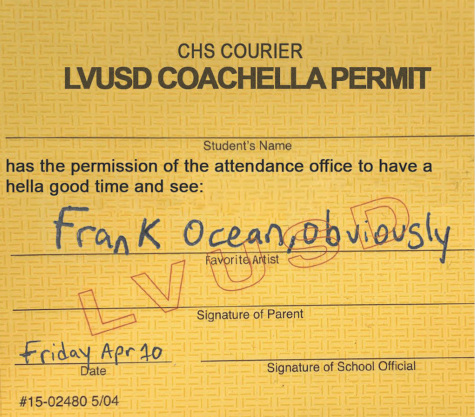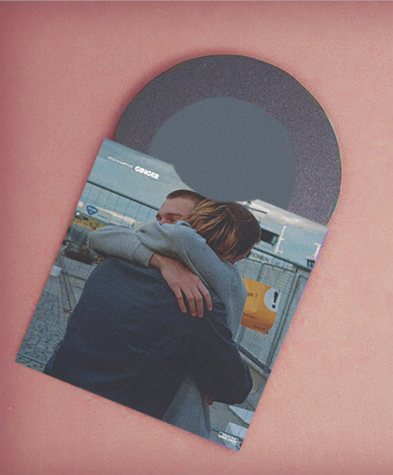Small LA venues cultivate the music scene
While Los Angeles is dotted with giant music venues—The Greek Theatre, STAPLES Center and The Forum—the city overflows with smaller, less renowned music hubs. These small venues play a vital role in cultivating the LA music scene, shaping an indie culture centered around live music.
Veteran venues such as The Troubadour in West Hollywood have hosted acts such as Guns N’ Roses, The Eagles and Elton John, contributing organically to their rise to stardom. By setting ticket prices between $8-20, these venues organize cheap shows, allowing rising bands like The Districts and Pinegrove to gain more exposure. For people who cannot afford $100 seats at the Hollywood Bowl, music spots like The Echo and the Observatory provide entertainment for a more reasonable night out.
Downtown LA’s punk club The Smell is the epitome of a small venue with huge impacts on the music scene. The venue prides itself on its do-it-yourself ethic: the system in which many of the people who attend the shows are the same volunteers who work the door, run the snack shack and engineer the sound. The Smell appeals to Los Angeles youth by putting on $5, alcohol-free punk shows almost daily. The shows feature several small punk bands such as Health and Lucky Dragons, but have also boasted bigger names such as FIDLAR and No Age. Lower-capacity venues like The Smell, The Hi-Hat and The Echo attract a regular following who spend many of their weekends at concerts. They help promote upcoming artists by fostering a unique, free environment of live music.
Santa Ana venue The Observatory, right outside of LA, features a main room—that holds a crowd just under 1000—and a smaller Constellation Room, which is more tailored to hosting acts on the rise. The Constellation Room is tightly packed with fewer than 200 audience members and the stage is only a few feet off the ground. The basement-like atmosphere stimulates a raw energy from both the musicians and the crowd. Some Constellation Room shows, like The Walters’ performance on April 29, end with audience members storming the front and joining the band on stage. This type of crowd participation is much more common in intimate venues than in large stadiums, where grit and improvisation are often replaced by production and choreography.
Ultimately, the music scene in Los Angeles is not cultivated by the few massive arenas. LA music starts on the stages of small nightclubs, record stores, street corners and bars until it grows into something bigger. It is at these places where music is desperate and urgent, where artists are just ordinary people—hungry for their shot at the big stage.
Your donation will support the student journalists of Calabasas High School. Your contribution will allow us to purchase equipment and cover our annual website hosting costs.


